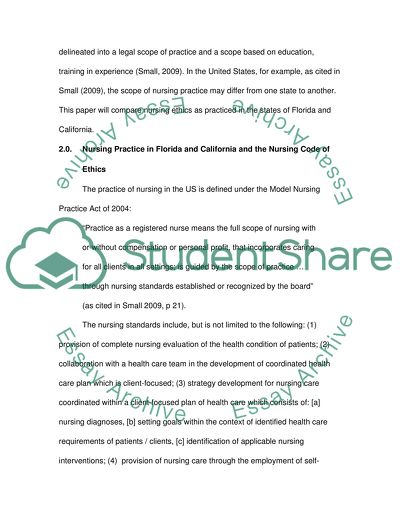Cite this document
(“Nursing Ethics Term Paper Example | Topics and Well Written Essays - 4000 words”, n.d.)
Retrieved de https://studentshare.org/nursing/1390576-nursing-paper
Retrieved de https://studentshare.org/nursing/1390576-nursing-paper
(Nursing Ethics Term Paper Example | Topics and Well Written Essays - 4000 Words)
https://studentshare.org/nursing/1390576-nursing-paper.
https://studentshare.org/nursing/1390576-nursing-paper.
“Nursing Ethics Term Paper Example | Topics and Well Written Essays - 4000 Words”, n.d. https://studentshare.org/nursing/1390576-nursing-paper.


